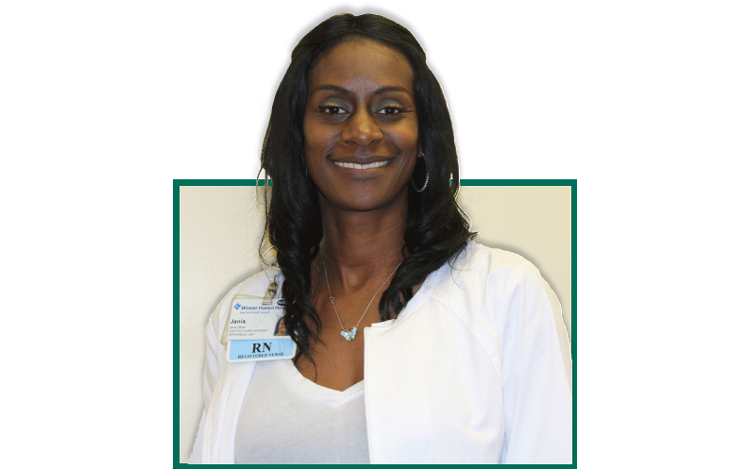Four things you should expect during your hospital stay
FROM THE TIME you arrive and are admitted, throughout your treatment, and until the time you are discharged, there are some essential things you should expect from your healthcare team during your hospital stay. Your nurse, especially, will have a key role in the process from beginning to end. Remember that communication is key, and your nurse’s number one priority during your hospital stay is to ensure your safety, health, and comfort.
1. Be prepared to answer questions, as well as ask them. Your nurse will be taking your vitals, finding out what medications (both prescription and over-the-counter) you’re currently taking, reviewing your medical history, and discussing your current symptoms with you. Have a plan, so that if you are not able to answer these questions, then someone with you (an authorized loved one) can answer — as well as ask — them on your behalf.
2. Expect that your nurse will listen to your concerns. Whether your hospital stay is the result of an existing chronic condition or a newly diagnosed illness or injury, it is more than likely you will have a certain amount of anxiety about your treatment. This may seem obvious, but so many people in the throes of worry forget that their medical help extends way beyond their doctor. Your nurse will be able to provide you with educational materials about your prognosis, and help you fully understand your ongoing treatment plan.
3. Remember that the procedure is there for your safety. When your nurse asks you to double-check your name on any documentation, or to verify that the dosage and timing of every medicine you receive at the hospital is correct, remember that this is part of a protocol that has been put in place for your safety. Things like visiting hours, washing or sanitizing hands, or taking your vitals every few hours are all more examples of simple, yet important measures that are taken to ensure your well being during your stay.
4. Expect that you will think of questions later, and ask for help or resources. Upon being discharged, many patients leave only a short time later saying, “I wish I had thought to ask that!” First, take your time during the discharge process. If there’s anything you don’t fully understand, then ask your nurse to review it again. Second, ask if there are any future resources or help, such as a support group through the hospital or nutritional recommendations that might help improve your health in the long run. Finally, your hospital may offer an online patient portal where you can access your diagnosis and treatment plan at any time through a secure website. Winter Haven Hospital’s new patient portal will be available in early June, so make sure you ask your nurse about this valuable resource.
CREDIT
article by JAN OLIVER, RN, BSN
ABOUT THE AUTHOR: Jan Oliver, RN, BSN, is currently assistant nurse manager of the Orthopedic Surgical Unit at Winter Haven Hospital. Jan has been a registered nurse for five years, with a focus on orthopedics and cardiac care. As a Polk State College graduate, Jan is proud to work where she lives and enjoys spending time with family when she’s not caring for her patients.
